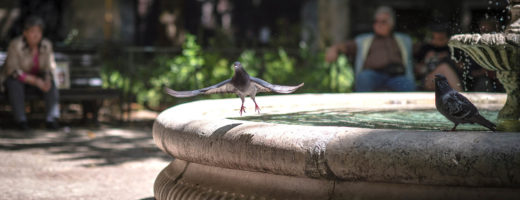A few days in Lisbon is enough to whet one’s appetite for more of this vibrant, stylish, culinary-dense, historic and trendy city. It’s also in the forefront of Gay Life in Europe. By Richard Ammon GlobalGayz.com March 2015 (most photos by GlobalGayz.com) Lisbon is alive with countless cafes serving up a thousand menus
Homosexuality was decriminalized in 1982. Laws against discrimination in employment based on sexual orientation are in effect. Portugal is generally tolerant of gays. Homophobic violence is extremely rare (two reported cases in the past ten years). Portugal was also one of the only countries to enshrine a ban on discrimination based on sexual orientation on its constitution. A new Penal Code 2007 came in force which equalized the age of consent to 14, regardless of sexual orientation and/or gender and strengthened the anti-discrimination legislation much further. There exists an increasingly vibrant and dynamic gay scene in the Lisbon and Porto metropolitan areas as well as the Algarve with several gay bars, pubs, nightclubs and beaches (specially in Algarve). Other smaller cities and regions such as Leiria, Braga and Madeira also have much more discrete gay communities. In Lisbon, most LGBT-oriented businesses are grouped around the bohemian Bairro Alto and the adjacent Principe Real neighbourhoods. In both Lisbon and Porto there are also annual Gay Pride Parades that attract tens of thousands of participants and spectators. Lisbon is also host to one of the largest LGBT film festivals in Europe, the Lisbon Gay & Lesbian Film Festival. Civil unions in Portugal were introduced for same-sex couples on 15 March 2001. A gay marriage law was passed and came into effect on 5 June 2010.

Gay Life in Portugal
“Gay Life in Portugal” is a struggle but it’s alive and well. Portugal is an example of a culture that is not afraid to lean into the future of humanity. Despite old cultural habits, legal challenges and archaic religious beliefs this small country with an enormous history of world dominion has grabbed the mantel of future humanism and said yes to the newest social phenomenon of gay marriage, an idea that revolts most of the world but entices Portugal to take on the challenge of change.


